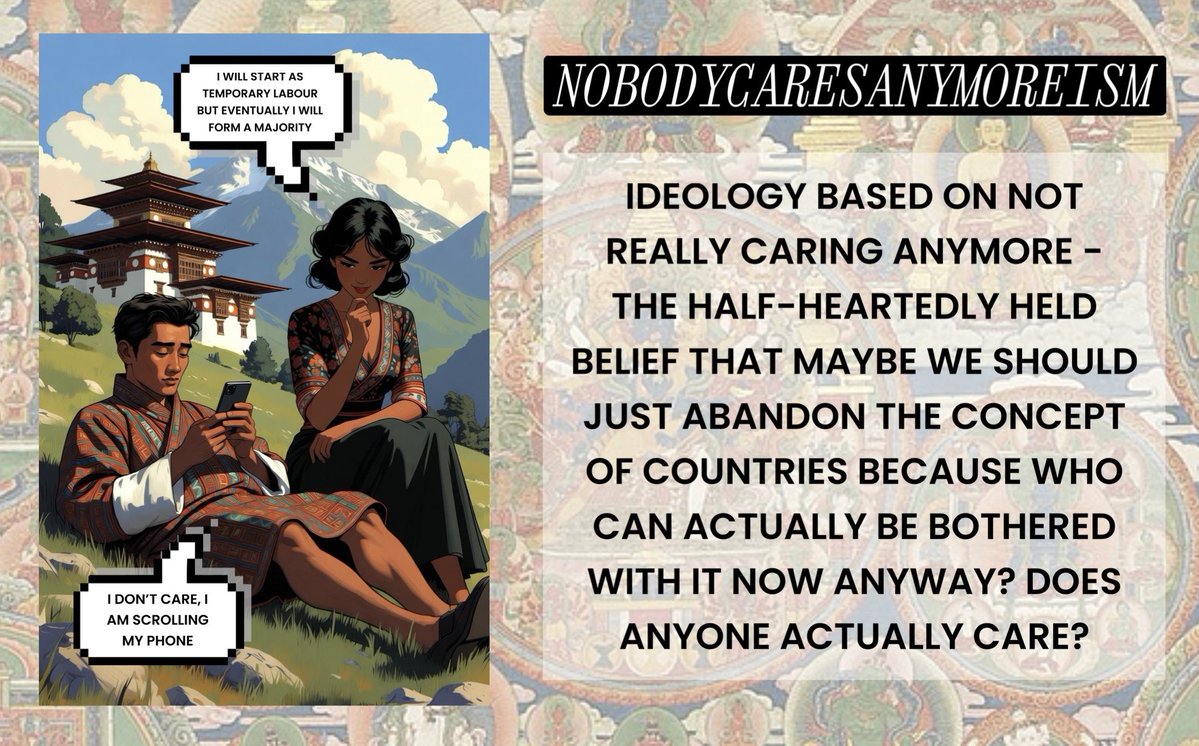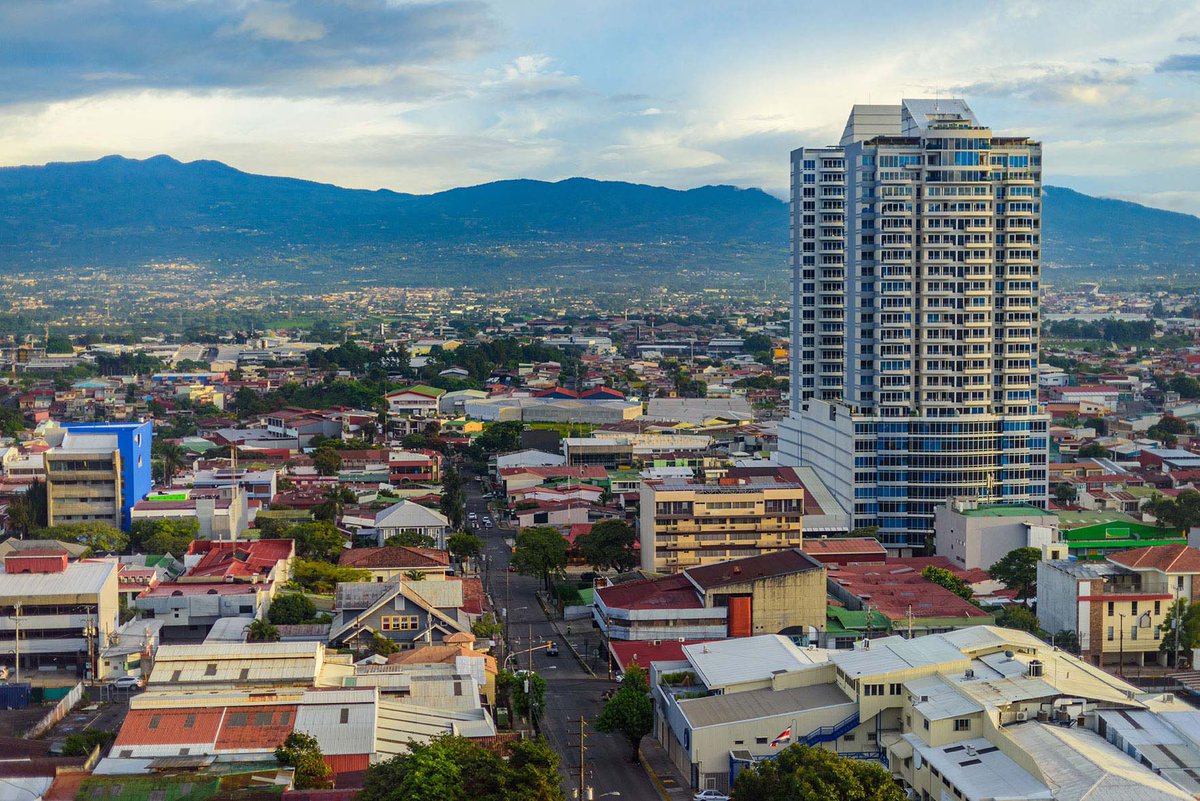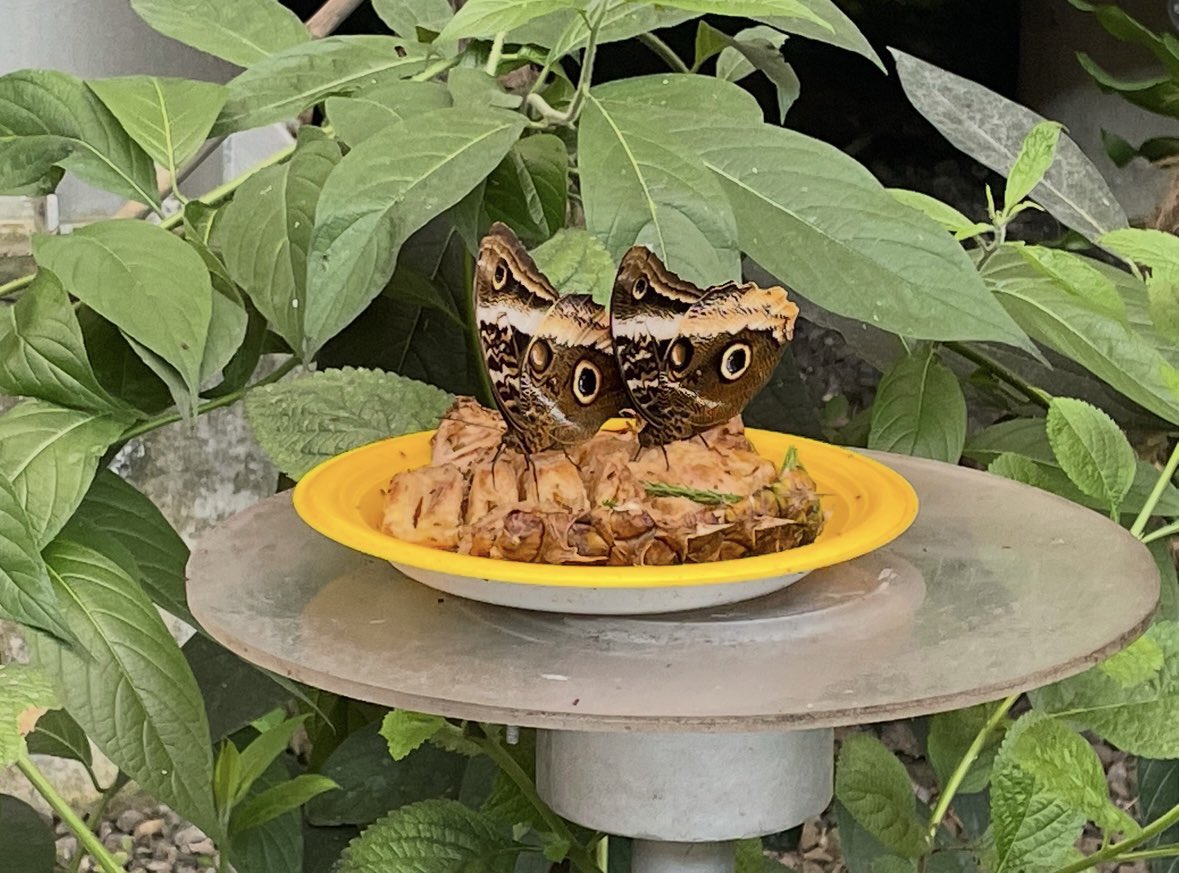STEPHEN FRY APPRECIATION THREAD
Following popular British TV Host Philip Schofield’s retirement for Unknown Reasons, now seemed a good time to repost a Tribute Thread to Schofield’s fellow National Treasure Stephen Fry. This Thread was first posted by the User Mencius Moldbugman



Following popular British TV Host Philip Schofield’s retirement for Unknown Reasons, now seemed a good time to repost a Tribute Thread to Schofield’s fellow National Treasure Stephen Fry. This Thread was first posted by the User Mencius Moldbugman
https://twitter.com/supertv247/status/1659924888482721796




Amongst his many talents, Fry is first and foremost an extraordinarily talented writer. His first play was written at the tender age of just 22 in 1979. 





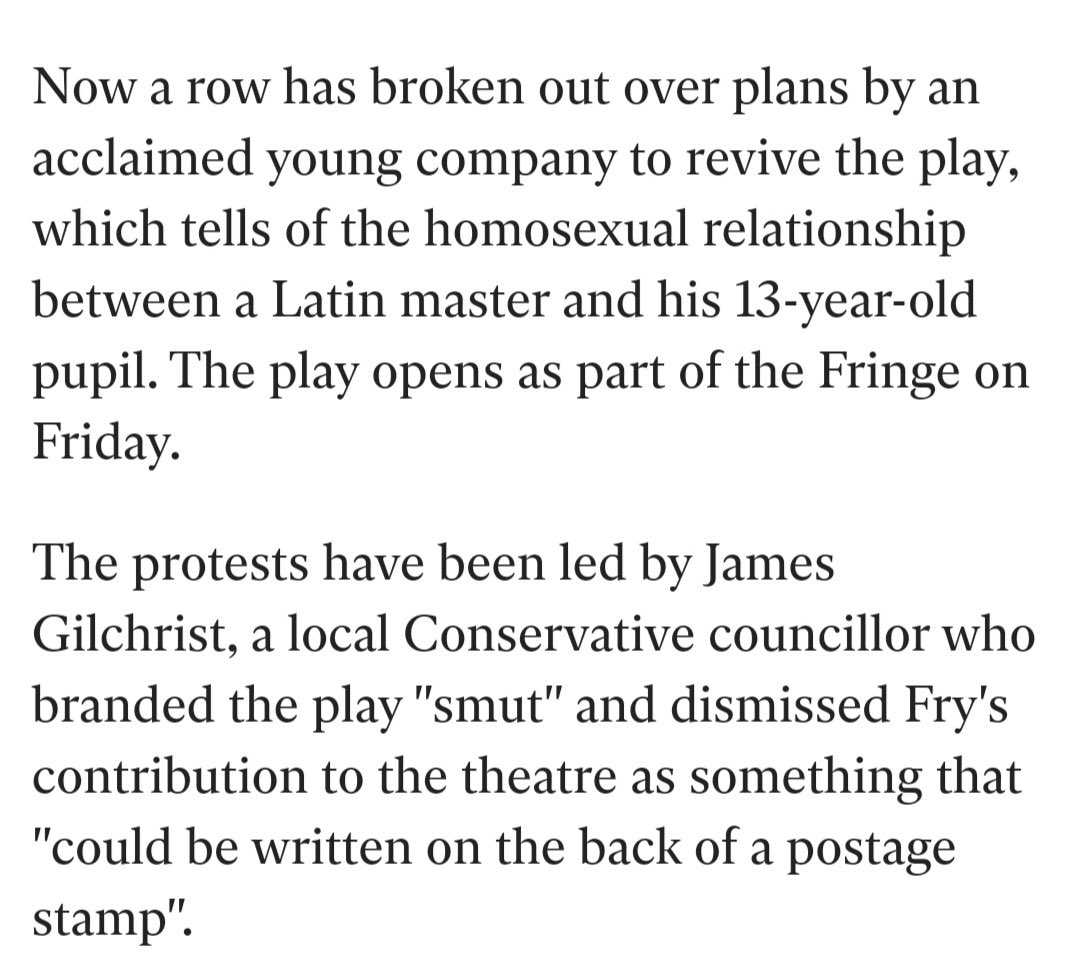

I've never had the pleasure of reading some of his early work but the reviews certainly make it sound enticing. Let's hope there are more productions coming soon. 

Of course, most of you will know him from his hilarious role as presenter of the BBC celebrity panel show QI where you can frequently hear him perform humourous songs about the affairs of the day. 



Fry's presenting skills are legendary. As a gifted raconteur he is regularly seen as a guest speaker at awards ceremonies... 



He is one of the few Brits to have cracked Hollywood. Fry can be seen gracing both sides of the Atlantic with his superb performances in films like The Hobbit and V For Vendetta. He is very much in demand from major Hollywood production companies... 



..though, ever humble, he has never forgotten his roots and his friends back in the UK who have helped him along the way. 

Outside of the public spotlight, Fry exemplifies the best of British by campaigning for a number of charities. He is a fervent believer in modernising outdated educational practices and giving children a greater voice for autonomy and freedom. 







Child safety is always a priority for Fry and he has become an active member in charities dedicated to helping find missing children. 



We should all be thankful that we have somebody in the public spotlight willing to courageously voice out their concerns on social justice and who is willing to risk it all to protect the vulnerable and innocent. 


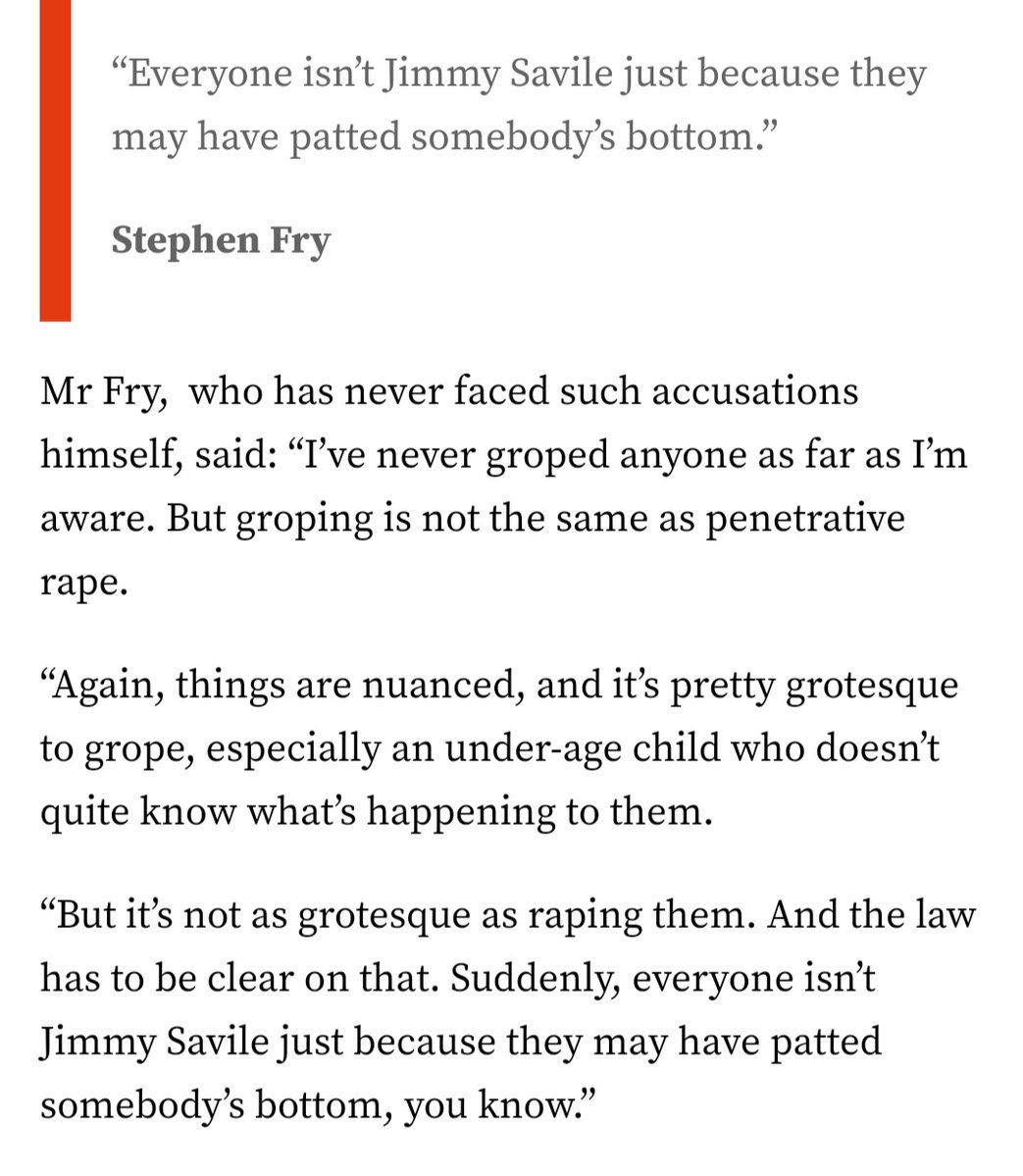
It is no easy task to fight the prejudices that contaminate our modern society. We need fighters like Fry to shine light onto darkness and guide us into a more progressive future. 



Most of all we should be grateful that British cultural life is blessed with this towering intellect: a penetrative IQ that is able to see the nuances of public issues and provide balanced answers to complex problems. 
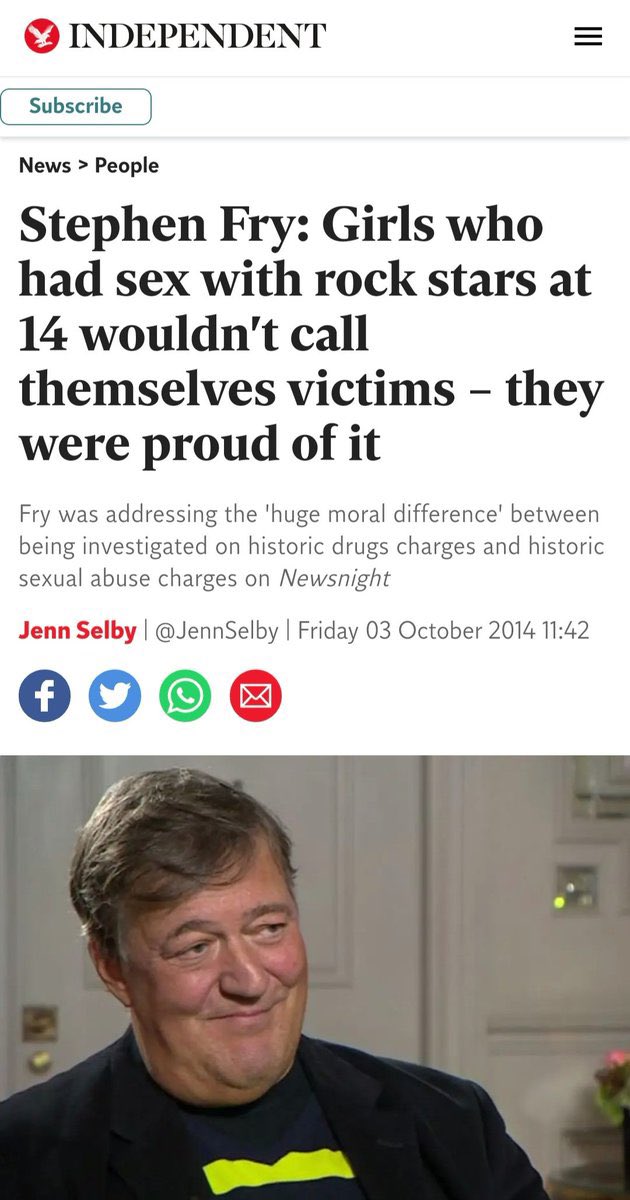
Though a man of the deepest empathy, he is well versed in the Classics and has the tempered, logical educational background to know where the line lies between subjectivity and objectivity. If only our elected officials could display such sound judgement. 

It is rare that I express my appreciation for celebrities. So many of them do little to add to the heritage that is our shared collective culture, but here is one celebrity whose impact leaves no question of doubt. Thank you and keep up the good work! 

DISCLAIMER: This is a Repost of a Satirical Thread not written by me. Any views that can be said to be expressed in it do not necessarily reflect my own. This Repost is made purely for entertainment purposes and is not intended to imply or express any particular view.
• • •
Missing some Tweet in this thread? You can try to
force a refresh








